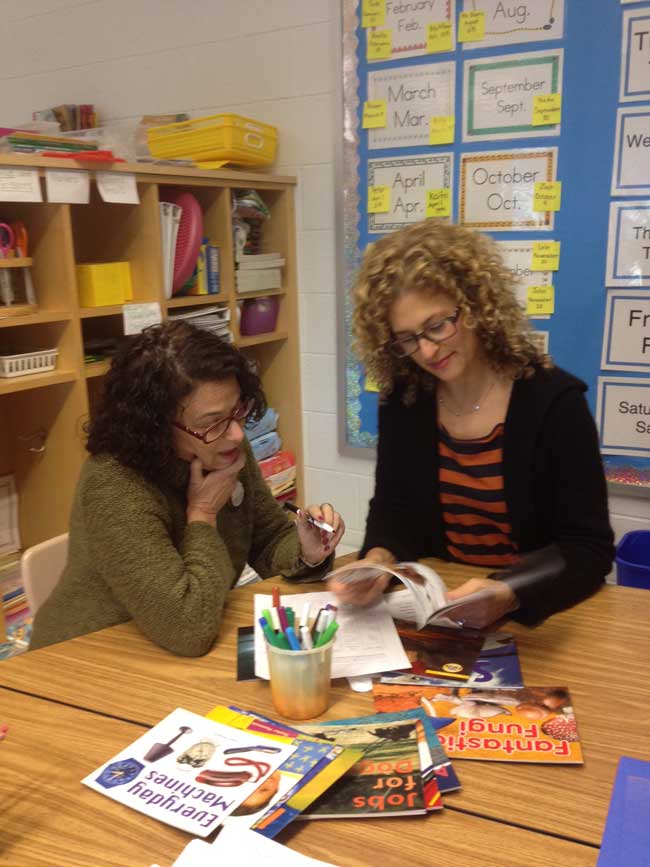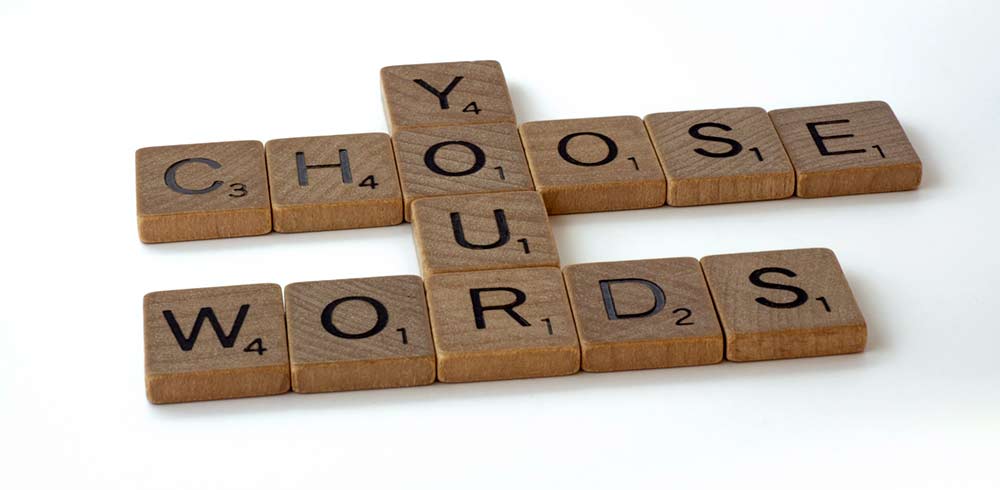 In all my conversations with high school parents, and increasingly with middle school parents, I’m asked, “When should my child begin SAT or ACT preparation?” It’s an important conversation to start having early because planning should be individualized. Rather than treating the SAT or ACT as an event for short term cramming, it’s much better to think about the skills and strategies needed for the SAT or ACT that are also important for successful, lifelong learners. Whether we’re coaching reading comprehension, quantitative reasoning, or on-the-spot essay writing, the skills we build serve students well beyond the exam. SAT or ACT preparation often becomes the catalyst for closing gaps and reviewing material not previously mastered.
In all my conversations with high school parents, and increasingly with middle school parents, I’m asked, “When should my child begin SAT or ACT preparation?” It’s an important conversation to start having early because planning should be individualized. Rather than treating the SAT or ACT as an event for short term cramming, it’s much better to think about the skills and strategies needed for the SAT or ACT that are also important for successful, lifelong learners. Whether we’re coaching reading comprehension, quantitative reasoning, or on-the-spot essay writing, the skills we build serve students well beyond the exam. SAT or ACT preparation often becomes the catalyst for closing gaps and reviewing material not previously mastered.
Consider vocabulary development. It’s extremely difficult for students to start memorizing hundreds of flash cards in the months leading up to an exam date. Instead, vocabulary development should take place over the long haul, beginning in early grades and continuing through exam preparation and beyond. Students who read daily and actively engage with texts naturally develop a richer vocabulary. A great way to facilitate vocabulary development is to have students using e-readers with built in dictionaries. Unless required by a teacher, most kids won’t look up unfamiliar words. But with an e-reader, it’s easy to check the definition as one reads. This active reading combined with explicit word study makes a huge difference in critical reading scores.
Math instruction for the SAT or ACT often unveils concepts not mastered at earlier grades. It’s not uncommon to find high school students who struggle, for example, with fractions, percentages, functions, or algebraic reasoning. Our SAT and ACT preparation specifically targets these critical concepts and skills to close these gaps, which usually benefits students in their math course work as well. You can imagine that a student with foundational math weaknesses as a junior in high school might also be struggling in the classroom.
So when should a student begin test preparation? As a general rule of thumb, we recommend that students take a baseline assessment between January to April of their sophomore year. That way we can analyze a student’s performance and have plenty of time to coach the exam throughout the spring, summer, and following junior year as appropriate. Students with very high scores in January of 10th grade can often complete their SAT or ACT preparation by December of junior year if not sooner. Students with relatively lower scores given their school preferences can maximize the remainder of 10th grade and 11th grade and even continue into the fall of 12th grade if needed. Ideally, students complete the SAT or ACT by the spring of their junior year in order to remain focused during their 4th quarter on any upcoming AP exams and/or final exams. Then we can get a jump-start on the Common App essay and supplemental essays during the spring and summer before senior year begins.
By Brad Hoffman, M.S.Ed.Board Certified Educational Planner and Learning Specialist
My Learning Springboard
 If your child is struggling with a reading disorder, such as
If your child is struggling with a reading disorder, such as  Do you know your child’s reading level? Benchmarking elementary reading levels is important in order to help students identify and practice with “just right” texts. For instructional purposes, we want to be sure that a text isn’t too easy nor too hard (thus frustrating). Benchmarking reading levels and developmental stages of spelling is straightforward and doesn’t require any guessing. It allows educators and parents to transparently discuss progress and have a comparison against a grade level standard at a particular point in time. Hopefully your child’s teachers conducted
Do you know your child’s reading level? Benchmarking elementary reading levels is important in order to help students identify and practice with “just right” texts. For instructional purposes, we want to be sure that a text isn’t too easy nor too hard (thus frustrating). Benchmarking reading levels and developmental stages of spelling is straightforward and doesn’t require any guessing. It allows educators and parents to transparently discuss progress and have a comparison against a grade level standard at a particular point in time. Hopefully your child’s teachers conducted  The Independent School Entrance Exam, aka the ISEE, and the SSAT, are, perhaps, two of the most difficult standardized tests on the market right now. By design, the ISEE and SSAT assess a student’s skills well above grade level. Unfortunately, many families approach ISEE or SSAT testing as an event that happens during the fall season as part of the
The Independent School Entrance Exam, aka the ISEE, and the SSAT, are, perhaps, two of the most difficult standardized tests on the market right now. By design, the ISEE and SSAT assess a student’s skills well above grade level. Unfortunately, many families approach ISEE or SSAT testing as an event that happens during the fall season as part of the  Intentional vocabulary development for secondary aged students contributes to school success and establishes the foundation for the best possible future. The emphasis on reading proficiency by fourth grade often means that students who still need support get little attention thereafter. Sometimes students who did fine with elementary reading begin to show strain as reading expectations increase at the secondary level. Fun activities, using online software programs, can help grow vocabulary. The best way to help students become good readers isn’t to focus exclusively on academic reading. In addition, expanding reading to cover the multiple areas of interest in their lives increases their funds of knowledge and reveals the real contribution that reading can make to a full life.
Intentional vocabulary development for secondary aged students contributes to school success and establishes the foundation for the best possible future. The emphasis on reading proficiency by fourth grade often means that students who still need support get little attention thereafter. Sometimes students who did fine with elementary reading begin to show strain as reading expectations increase at the secondary level. Fun activities, using online software programs, can help grow vocabulary. The best way to help students become good readers isn’t to focus exclusively on academic reading. In addition, expanding reading to cover the multiple areas of interest in their lives increases their funds of knowledge and reveals the real contribution that reading can make to a full life.